TikTok, a popular video app owned by Chinese technology firm ByteDance Ltd., is at risk of being banned in the United States. The House passed legislation that would force ByteDance to divest its ownership within 165 days or face a ban on TikTok's operations in the US. This bill was unanimously approved by a key House committee and has been met with mixed reactions from both sides of the political spectrum.
TikTok at Risk of Ban in US as House Passes Legislation
Washington, District of Columbia United States of AmericaThe House passed legislation that would force ByteDance to divest its ownership within 165 days or face a ban on TikTok's operations in the US.
TikTok is at risk of being banned in the US.
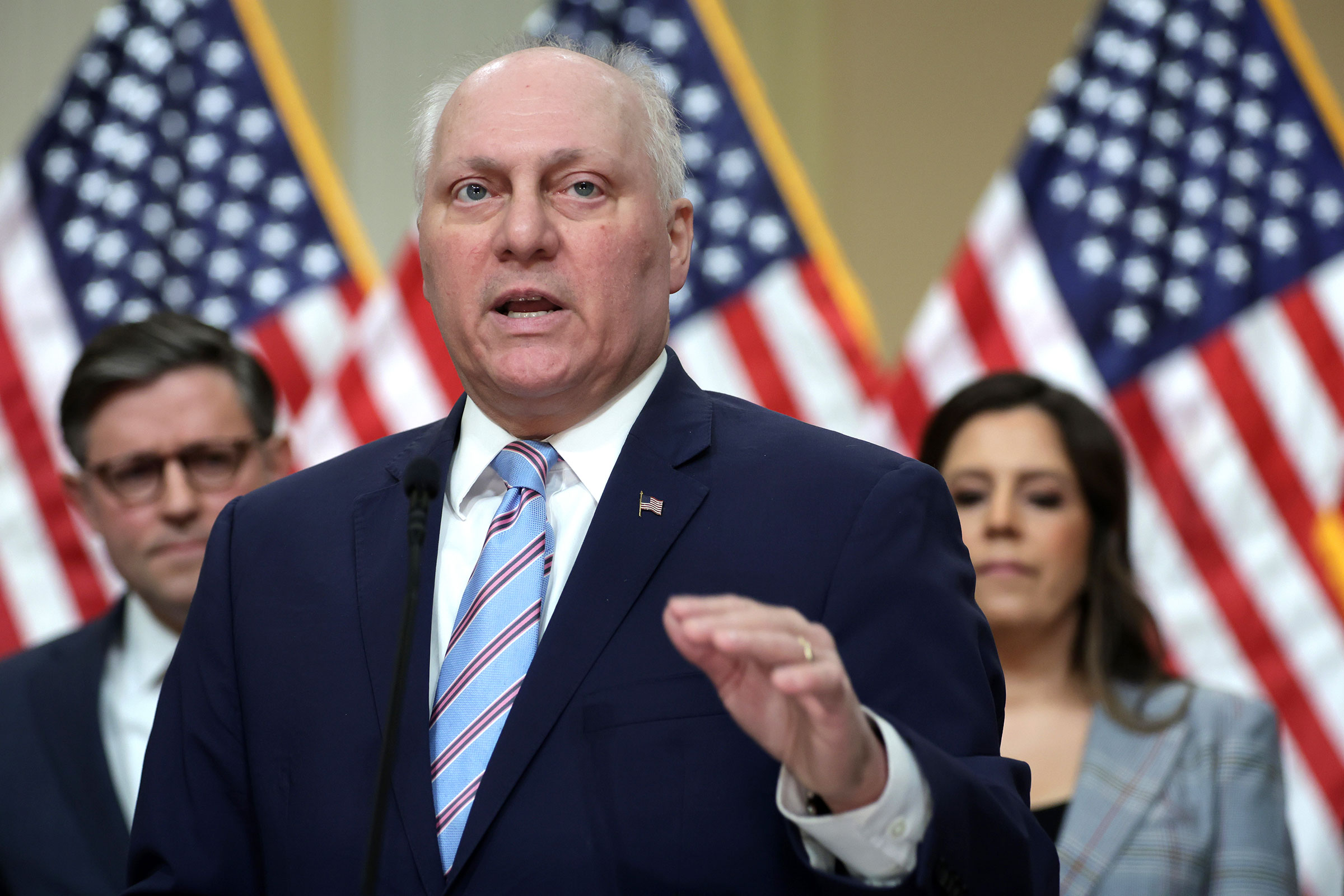
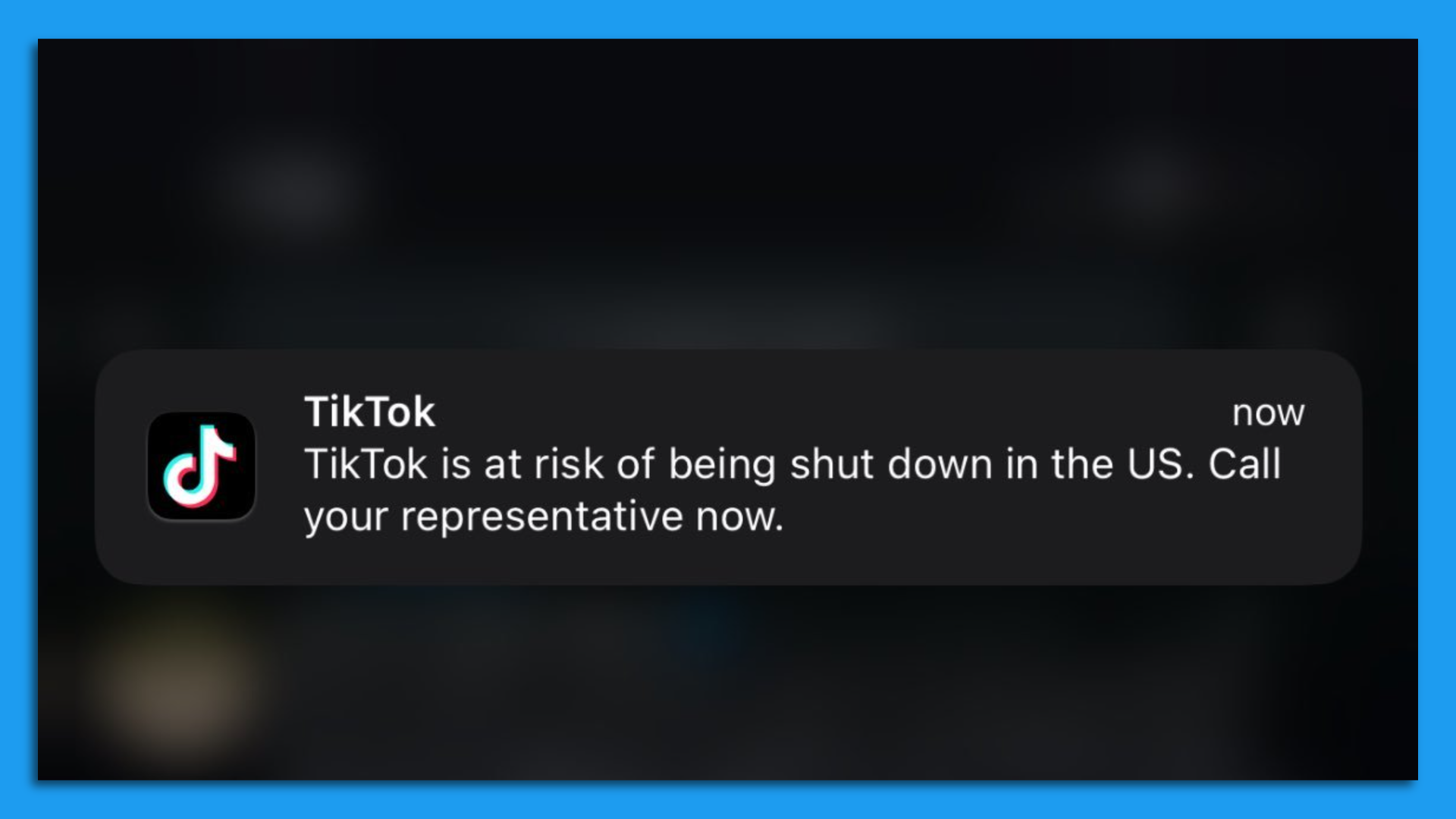
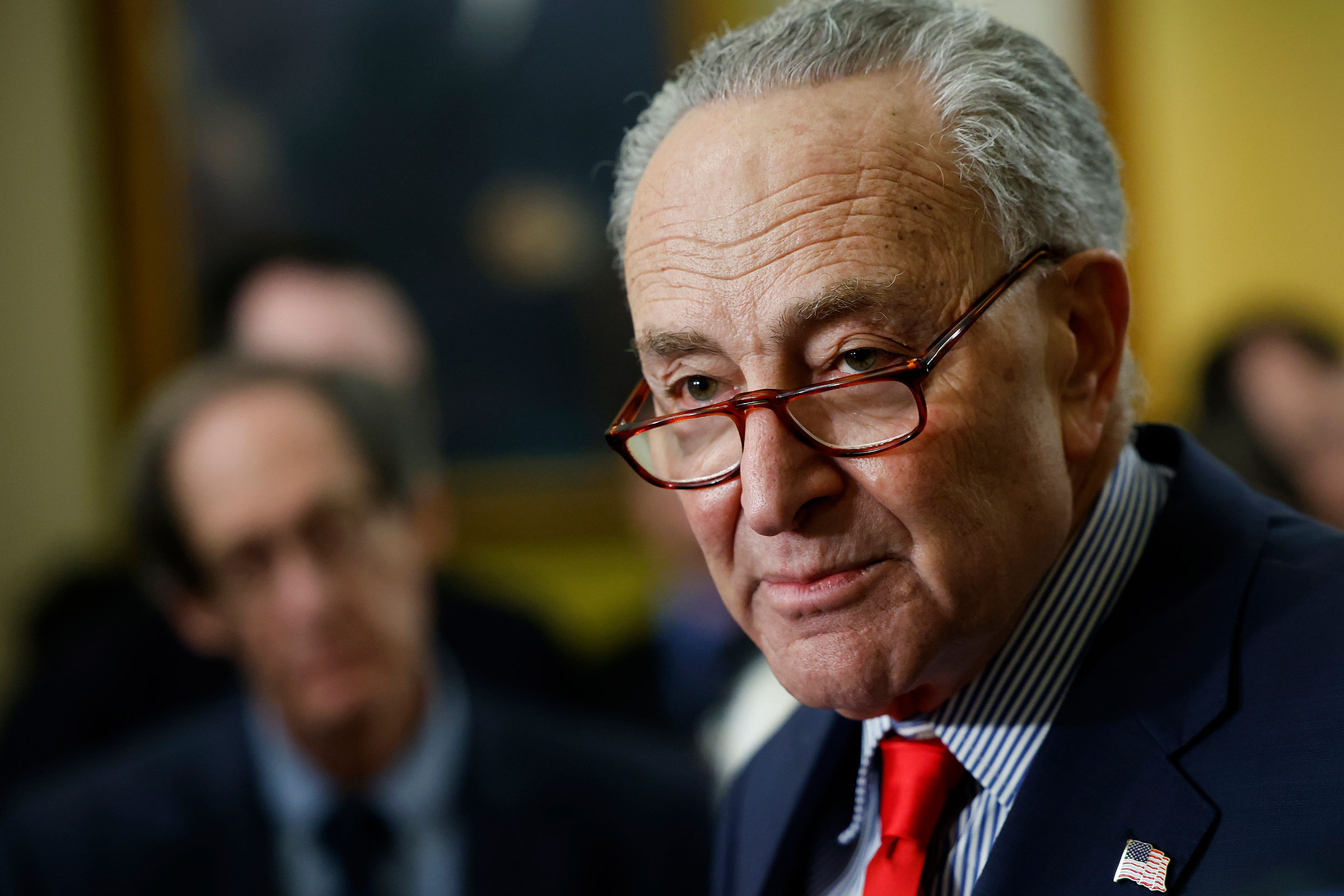
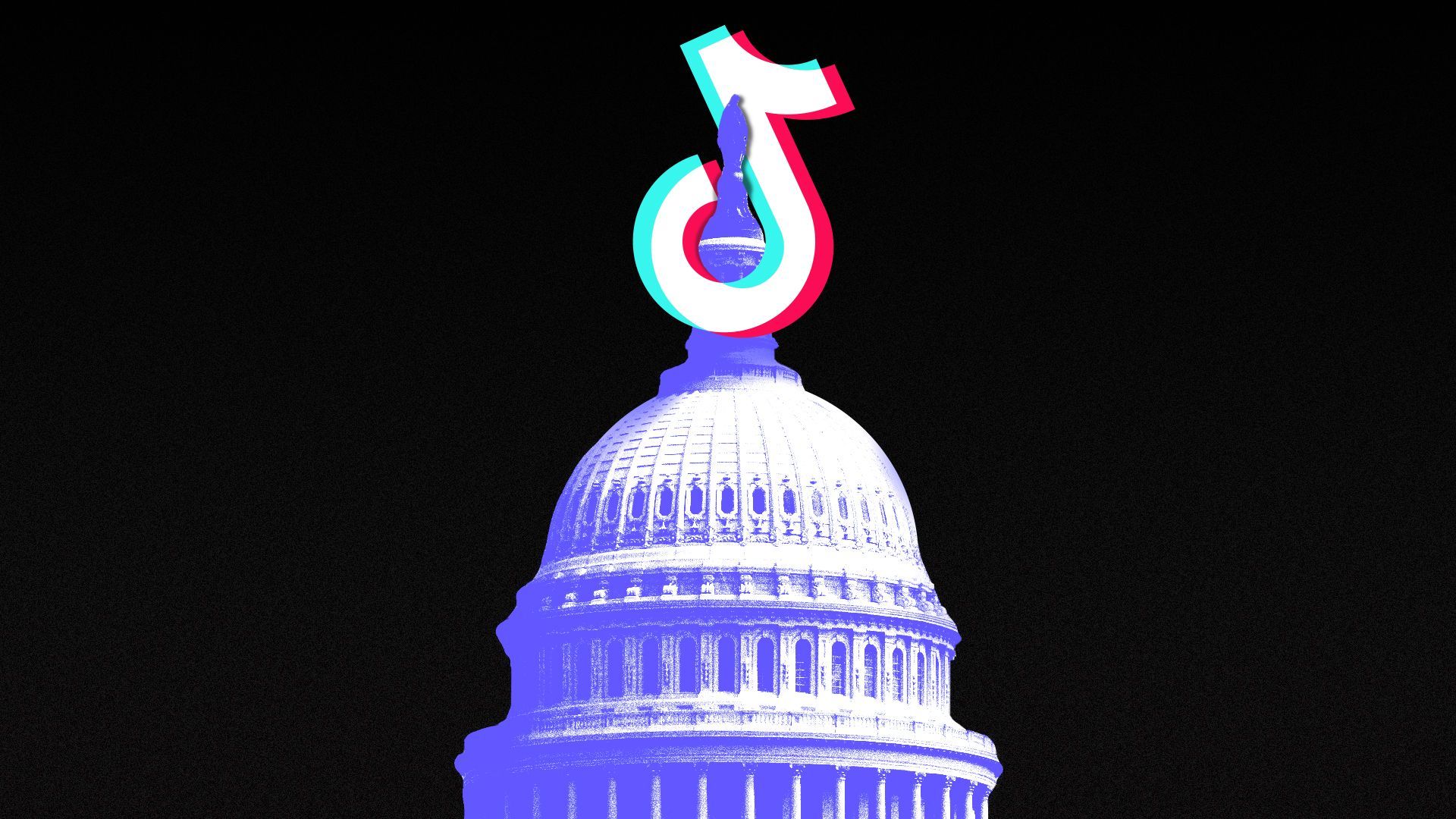
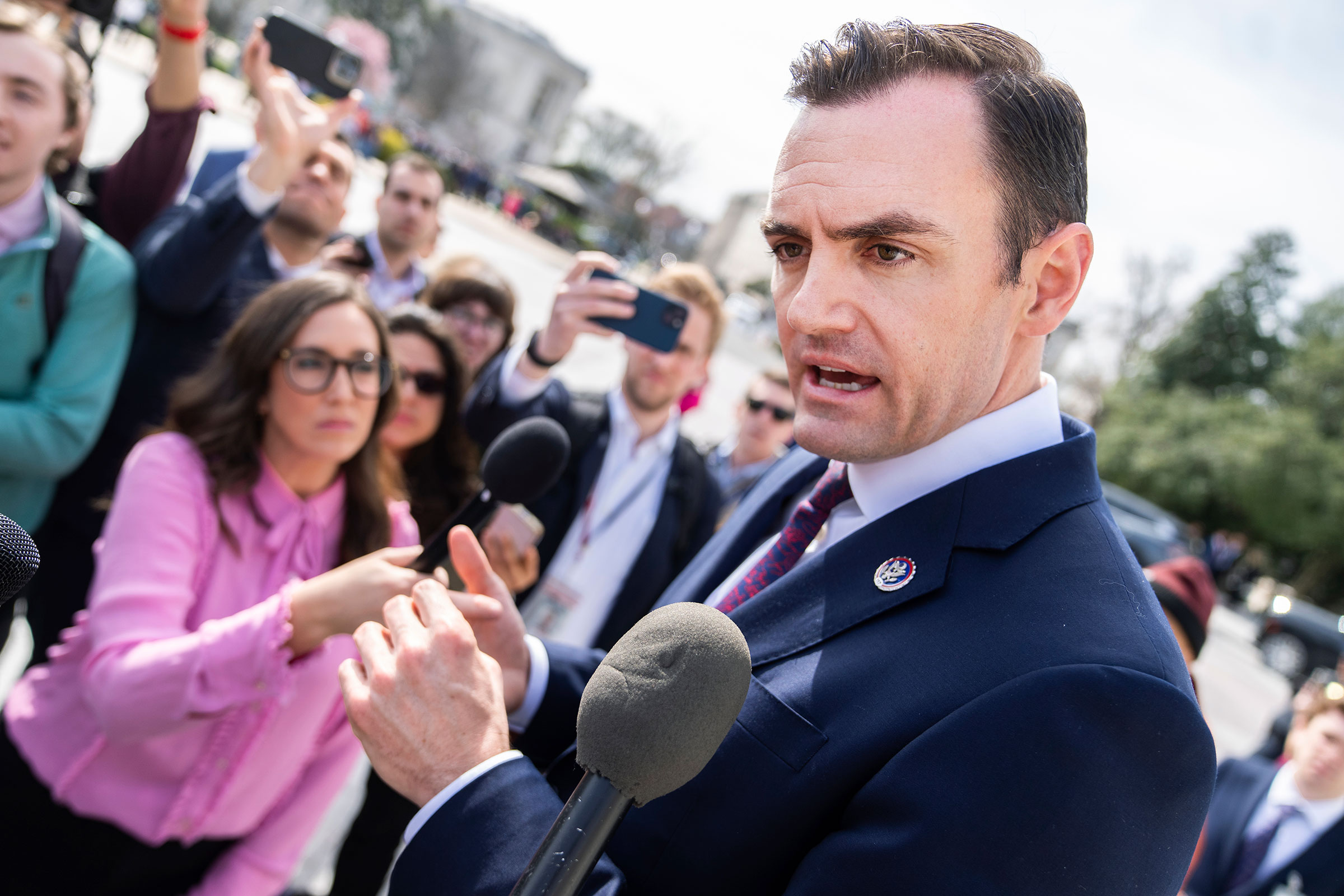
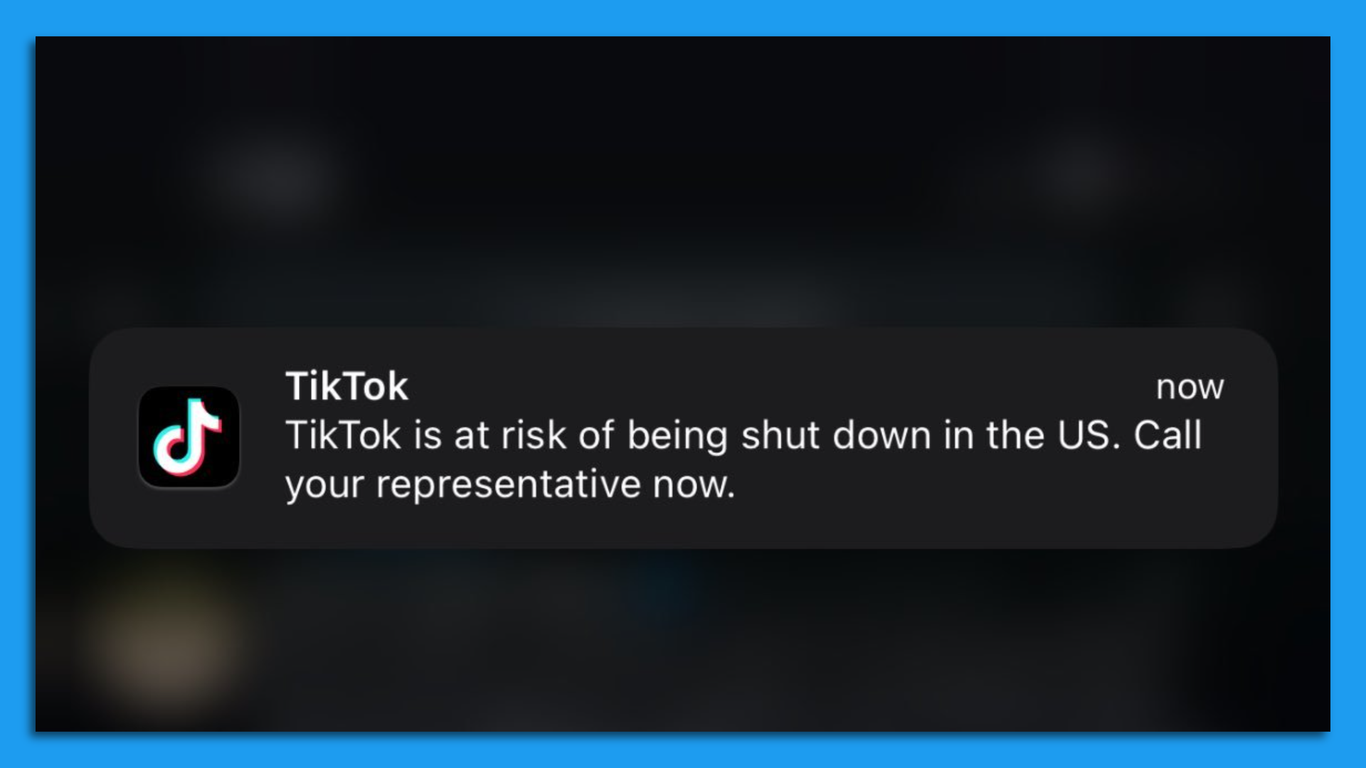
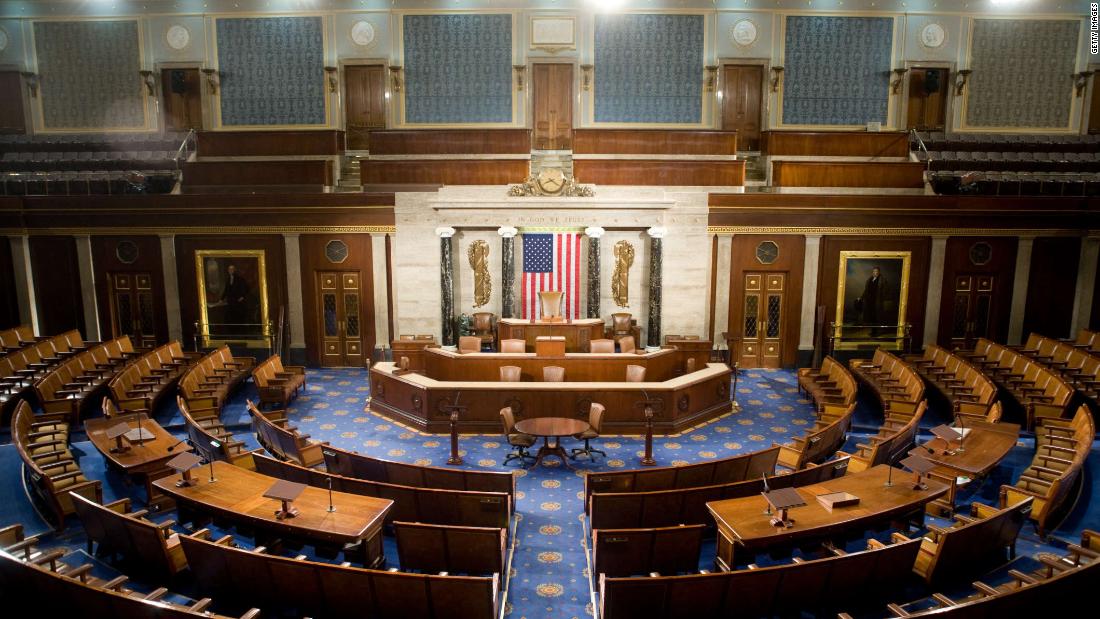


Confidence
70%
Doubts
- It's not clear if this bill will be signed into law by President Biden.
- There may be legal challenges to the ban, which could delay it indefinitely.
Sources
91%
House passes a bill that could lead to a TikTok ban if Chinese owner refuses to sell
The Associated Press News Wednesday, 13 March 2024 04:04Unique Points
- The House passed a bill that would lead to a nationwide ban of the popular video app TikTok if its China-based owner refuses to sell.
- TikTok is wholly owned by Chinese technology firm ByteDance Ltd.
- ByteDance is beholden to the Chinese government, which could demand access to the data of TikTok's consumers in the U.S. any time it wants.
Accuracy
No Contradictions at Time Of Publication
Deception (100%)
None Found At Time Of Publication
Fallacies (80%)
The article contains an appeal to authority fallacy by citing the Chinese national security laws as a reason for concern. The author also uses inflammatory rhetoric when describing TikTok's current ownership structure and its potential threat to American national security.- > Rep. Cathy McMorris Rodgers, R-Wash., said in a statement after the vote that “We have given TikTok a clear choice,”
- House passage of the bill is only the first step.
- < House Majority Leader Chuck Schumer, D-N.Y., said he’ll have to consult with relevant committee chairs to determine the bill’s path.
Bias (85%)
The article is biased towards the idea that TikTok poses a national security threat to the United States. The author uses language such as 'grave threat' and 'national security implications' to frame TikTok in a negative light. Additionally, there are quotes from politicians who use similar language when discussing TikTok.- The bill is jammed through as part of a secretive process.
Site Conflicts Of Interest (100%)
None Found At Time Of Publication
Author Conflicts Of Interest (0%)
None Found At Time Of Publication
70%
Live updates: House passes bill that could lead to US ban of TikTok
CNN News Site: In-Depth Reporting and Analysis with Some Financial Conflicts and Sensational Language Antoinette Radford, Wednesday, 13 March 2024 12:27Unique Points
- The House passed a bill that could lead to the US ban of TikTok.
- TikTok is a wholly owned subsidiary of Chinese technology firm ByteDance Ltd.
- ByteDance is beholden to the Chinese government, which could demand access to the data of TikTok's consumers in the U.S. any time it wants.
Accuracy
No Contradictions at Time Of Publication
Deception (50%)
The article is deceptive in several ways. Firstly, the title of the article suggests that TikTok has been banned by Congress when it hasn't yet. Secondly, the author quotes Paul Gallant from Cowen Inc., who predicts a court fight on First Amendment grounds if a ban bill passes in 2024. However, this is not necessarily true as there are other ways to resolve the issue without going to court. Thirdly, Kahlil Greene compares the effort to clamp down on TikTok with the Red Scare of the 1940s and 1950s which was a time when many Americans were falsely accused of being communists. This comparison is misleading as there are no similarities between these two situations.- The title suggests that TikTok has been banned by Congress, but it hasn't yet.
Fallacies (80%)
The article contains several fallacies. The first is an appeal to authority when it states that President Joe Biden has said he would sign the bill if it makes it to his desk. This statement implies that the president's opinion on the matter should be taken as fact without any evidence or reasoning provided.- President Joe Biden has said he would sign the bill if it makes it to his desk.
Bias (85%)
The article contains examples of religious bias and monetary bias. The author uses language that dehumanizes the Chinese government by referring to it as a 'communist entity' which is an example of religious bias.- It just seems like very icky territory,
Site Conflicts Of Interest (50%)
None Found At Time Of Publication
Author Conflicts Of Interest (50%)
None Found At Time Of Publication
67%
Could TikTok be banned in US? Here’s what would have to happen
The San Francisco Chronicle Shira Stein Wednesday, 13 March 2024 17:41Unique Points
- The House passed legislation that would ban the video app TikTok in the United States if its owner, China-based ByteDance, doesn't sell it.
- TikTok is a wholly owned subsidiary of Chinese technology firm ByteDance Ltd.
- ByteDance is beholden to the Chinese government and could demand access to user data any time they want.
Accuracy
- The House passed a bill that would lead to a nationwide ban of the popular video app TikTok if its China-based owner refuses to sell.
- TikTok is banned on federal devices and Biden administration officials helped with the bill's technical language.
- Multiple polls have found TikTok to be the top source of news for Gen Z and an increasingly popular source for Americans overall.
Deception (50%)
The article is deceptive in several ways. Firstly, it uses sensationalist language such as 'ban' and 'national security threat', which are designed to create a sense of urgency and fear in the reader without providing any evidence or context for these claims. Secondly, the article quotes Nancy Pelosi stating that TikTok is not being banned but rather keeping Americans data out of foreign hands, when in fact this statement contradicts her earlier support for legislation that would ban TikTok if its owner does not sell it. Thirdly, the article presents a one-sided view on the issue by only discussing concerns about Chinese laws and ignoring potential counterarguments or alternative solutions. Finally, the article uses selective reporting to focus solely on legal challenges rather than other factors such as user data privacy or competition in social media.- The House has passed legislation that would force TikTok owners to sell the platform
- TikTok says it has never shared user data with the Chinese government and would refuse to do so if asked, but this statement is not supported by any evidence provided in the article.
Fallacies (70%)
The article contains several fallacies. The author uses an appeal to authority by stating that the House of Representatives passed legislation and President Joe Biden has said he would sign it. However, this does not necessarily mean that a ban will occur as there are many additional hurdles to overcome before such a ban can be implemented.- The fate of TikTok was a hot topic Wednesday as the House of Representatives passed legislation that would force the owners of the popular Chinese social media app to sell it. Lawmakers say they're concerned that TikTok's ownership is a national security threat because of Chinese laws that compel companies to help gather intelligence.
- The proposed ban would face many additional hurdles over a long period of time likely years.
Bias (85%)
The article contains a statement that TikTok's ownership is a national security threat because of Chinese laws that compel companies to help gather intelligence. This statement implies bias towards the US government and its concerns about China's actions. Additionally, there are multiple examples throughout the article where author Shira Stein uses language that dehumanizes or demonizes China and its leaders.- Lawmakers say they're concerned that TikTok's ownership is a national security threat because of Chinese laws that compel companies to help gather intelligence.
- The fate of TikTok was a hot topic Wednesday as the House of Representatives passed legislation that would ban the video app in the United States if its owner, China-based ByteDance, doesn't sell it.
- The prospects for this are unclear.
Site Conflicts Of Interest (50%)
Shira Stein has a conflict of interest on the topic of TikTok as she is reporting for The San Francisco Chronicle which is owned by ByteDance. Additionally, Shira Stein has a personal relationship with Nancy Pelosi and may be hesitant to report negatively on her.- Shira Stein reports for The San Francisco Chronicle which is owned by ByteDance.
Author Conflicts Of Interest (50%)
Shira Stein has a conflict of interest on the topics TikTok and ByteDance as she is reporting for The San Francisco Chronicle which is owned by Hearst Communications. Additionally, Shira Stein may have a personal relationship with Nancy Pelosi who was mentioned in the article.- Shira Stein reports for The San Francisco Chronicle which is owned by Hearst Communications.
72%
Furious Congress plows forward with TikTok bill after user revolt
Axios News Site: https://www.axios.com/2024/01-30/prior-authorization-gap-insurer-drug-decisions Zachary Basu,Maria Thursday, 07 March 2024 22:47Unique Points
- The Chinese-owned app TikTok is at risk of being shut down in the US.
- A key House committee voted unanimously to advance bipartisan legislation that would force ByteDance, TikTok's parent company, to divest its ownership within 165 days.
- TikTok launched a new campaign warning users about the possibility of a total ban on the app and urged them to contact their representatives in Congress.
- The flood of calls from angry constituents was triggered by TikTok's notice that it would be banned if ByteDance did not divest its ownership.
- TikTok is characterizing its situation as an outright ban, but House China Select Committee Chair Mike Gallagher and a senior GOP aide said this is untrue.
- The bill marks the latest effort in what has become one of Washington's longest-running tech dramas, which began in August 2020 when then-President Trump ordered ByteDance to sell TikTok.
Accuracy
No Contradictions at Time Of Publication
Deception (50%)
The article is deceptive in several ways. Firstly, the title of the article claims that Congress is plowing forward with a TikTok ban after user revolt when in fact it's not a total ban and there are ongoing efforts to address national security risks associated with TikTok.- The article mentions that President Biden would sign the bill, injecting new urgency into TikTok's campaign. However, this statement implies that the bill is being passed due to public pressure when in fact it's not a total ban and there are ongoing efforts to address national security risks associated with TikTok.
- The headline states 'Furious Congress plows forward with TikTok bill after user revolt', which implies that the bill is being passed due to public pressure when in fact it's not a total ban and there are ongoing efforts to address national security risks associated with TikTok.
Fallacies (85%)
The article contains several fallacies. The author uses an appeal to authority by stating that the House Majority Leader and White House have indicated they will support the bill without providing any evidence or reasoning for their position. Additionally, there is a dichotomous depiction of TikTok's campaign as both a massive propaganda campaign and not being banned if Bytedance divests its ownership. The author also uses inflammatory rhetoric by stating that the flood of calls to congressional offices was triggered by TikTok's notice on the app warning users of a total ban, which is later proven false.- The House Majority Leader and White House have indicated they will support the bill without providing any evidence or reasoning for their position.
Bias (85%)
The article contains a statement that TikTok is at risk of being shut down in the US. This statement implies that there are national security risks associated with the app and its Chinese ownership. The author also mentions that some members of Congress are angry about TikTok's pressure campaign, which suggests political bias.- TikTok is at risk of being shut down in the US.
Site Conflicts Of Interest (50%)
Zachary Basu and Maria Curi have a conflict of interest on the topic of TikTok as they are reporting for Axios which is owned by ByteDance. The article also mentions Steve Scalise (R-La.) who has been critical of Chinese ownership in technology companies, including TikTok.- Zachary Basu and Maria Curi report on the House Energy and Commerce Committee's decision to move forward with a bill banning TikTok. The article mentions ByteDance as the owner of TikTok.
Author Conflicts Of Interest (50%)
None Found At Time Of Publication
70%
What to Know About the TikTok Ban Legislation
The Name Of The NZ Prefix. I PWA NZI.P.Was Dropped. David McCabe, Wednesday, 13 March 2024 09:04Unique Points
- . U.S. lawmakers have approved legislation meant to force ByteDance, the Chinese internet company, to sell its social media app TikTok.
- . The bill faces a difficult path in the Senate as Senator Chuck Schumer has not yet committed to bringing it up for a vote.
- . House lawmakers are worried that the Chinese government could demand Americans' personal data from ByteDance and that China could use TikTok's algorithm to feed its users political propaganda.
- . The bill, which was introduced by Representative Mike Gallagher and Raja Krishnamoorthi, has had bipartisan support.
- . The House voted to pass the bill with a margin of 352 to 65.
Accuracy
No Contradictions at Time Of Publication
Deception (30%)
The article is deceptive in several ways. Firstly, it presents the TikTok ban as a national security risk when there is no evidence to support this claim. Secondly, it quotes sources who have not been disclosed and their opinions are presented as fact without any context or explanation of their expertise. Lastly, the article uses sensationalism by stating that China could use TikTok's powerful algorithm to feed its users political propaganda.- The bill faces a difficult path in the Senate.
Fallacies (75%)
The article contains an appeal to authority fallacy by citing the concerns of lawmakers and government officials without providing any evidence or logical reasoning for their claims. The author also uses inflammatory rhetoric when describing TikTok as a national security risk.- > House lawmakers on Wednesday approved legislation meant to force ByteDance, the Chinese internet company, to sell its wildly popular social media app TikTok.
Bias (80%)
The article is biased towards the idea that TikTok poses a national security risk and that its Chinese ownership could lead to the demand for personal data of Americans. The author uses quotes from politicians who express concerns about this issue without providing any evidence or counterarguments.- > House lawmakers on Wednesday approved legislation meant to force ByteDance, the Chinese internet company, to sell its wildly popular social media app TikTok. <br> > Lawmakers and the White House have expressed concerns that TikTok’s Chinese ownership poses a national security risk because Beijing could use the app to gain access to Americans’ data or run a disinformation campaign. <br> > Many are worried that the Chinese government could demand the personal data of Americans from ByteDance and that, under Chinese law, ByteDance would have to comply.
Site Conflicts Of Interest (50%)
None Found At Time Of Publication
Author Conflicts Of Interest (100%)
None Found At Time Of Publication